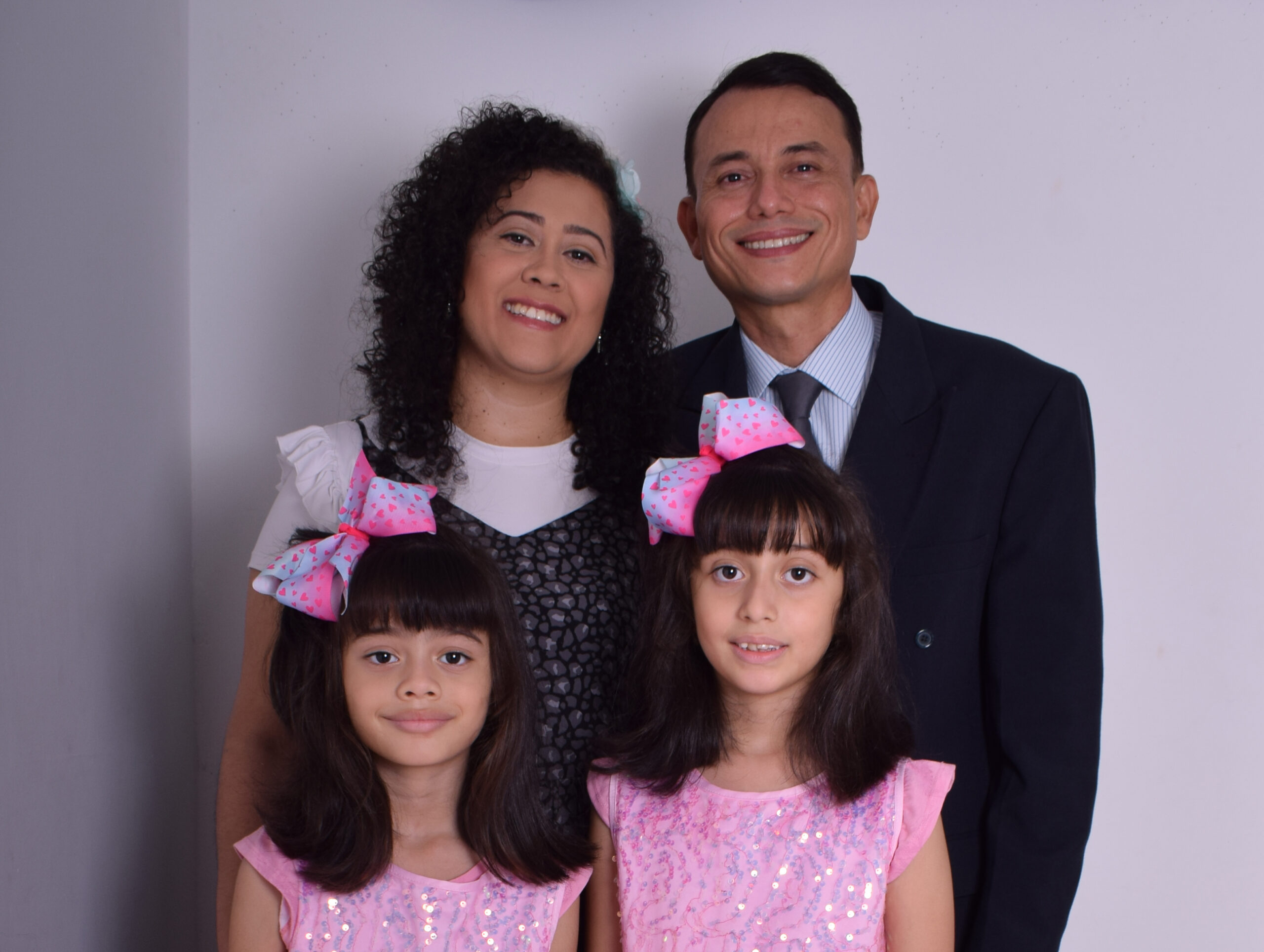About The Missionary
Growing up, Bairo was very rebellious. But by God’s grace, through the encouragement of a friend, he was saved on December 28, 1999, at the age of 22 when he heard the gospel in a church. He surrendered his life to serve Christ. As he grew in Christ, he served in his church’s bus ministry. In 2008, he met his “help-meet,” and they studied Bible at Puerto Rico Baptist College. They were married on December 8, 2012.
By God’s grace, Laura was saved at the age of 15 when missionaries came to her city and shared the gospel. God then transformed her life and she started to grow and serve the Lord, and at the age of 17, God called her to serve Him full time. She saw many teenagers die in their sin, and it broke her heart to know that they went to Hell.
The Monteria Independent Baptist Church is growing both spiritually and physically. New members are being added to the church and the Deaf brethren remain faithful to the Lord.
Latest Prayer Letter
Project Giving Opportunities
Vehicle Repairs
- Need: $2,285
Baptistery $325, Laptop $820
- Need: $1,145Updates From The Field
Sorry, there are no updates at this time.
About The Field:
Montería, nestled in northern Colombia, grapples with a blend of economic opportunities and social challenges that shape the lives of its residents.
Economically, Montería serves as a regional economic hub, primarily driven by agriculture, livestock farming, and commerce. The city’s fertile lands contribute to a thriving agricultural sector, particularly in cattle ranching and rice production. However, despite its agricultural success, Montería faces challenges in diversifying its economy and providing ample employment opportunities outside the agricultural sector. Limited industrialization and dependency on specific industries pose hurdles for sustainable economic growth.
Social challenges in Montería encompass various facets. One prominent issue is access to quality education and healthcare. While efforts have been made to improve these sectors, disparities exist between urban and rural areas, impacting the accessibility and quality of these essential services for many residents, especially those in remote regions.
Crime and security remain concerns in Montería. Despite efforts to improve safety and reduce crime rates, challenges persist, affecting the city’s social fabric and creating hurdles for economic development and community well-being.
Furthermore, poverty and income inequality affect a significant portion of Montería’s population. While the city has experienced economic growth, disparities persist, impacting living standards and opportunities for many residents, particularly in marginalized communities.
Environmental sustainability is another challenge, especially concerning deforestation and land degradation due to agricultural practices. Balancing economic development with environmental conservation poses complexities for Montería’s future growth and sustainability.
